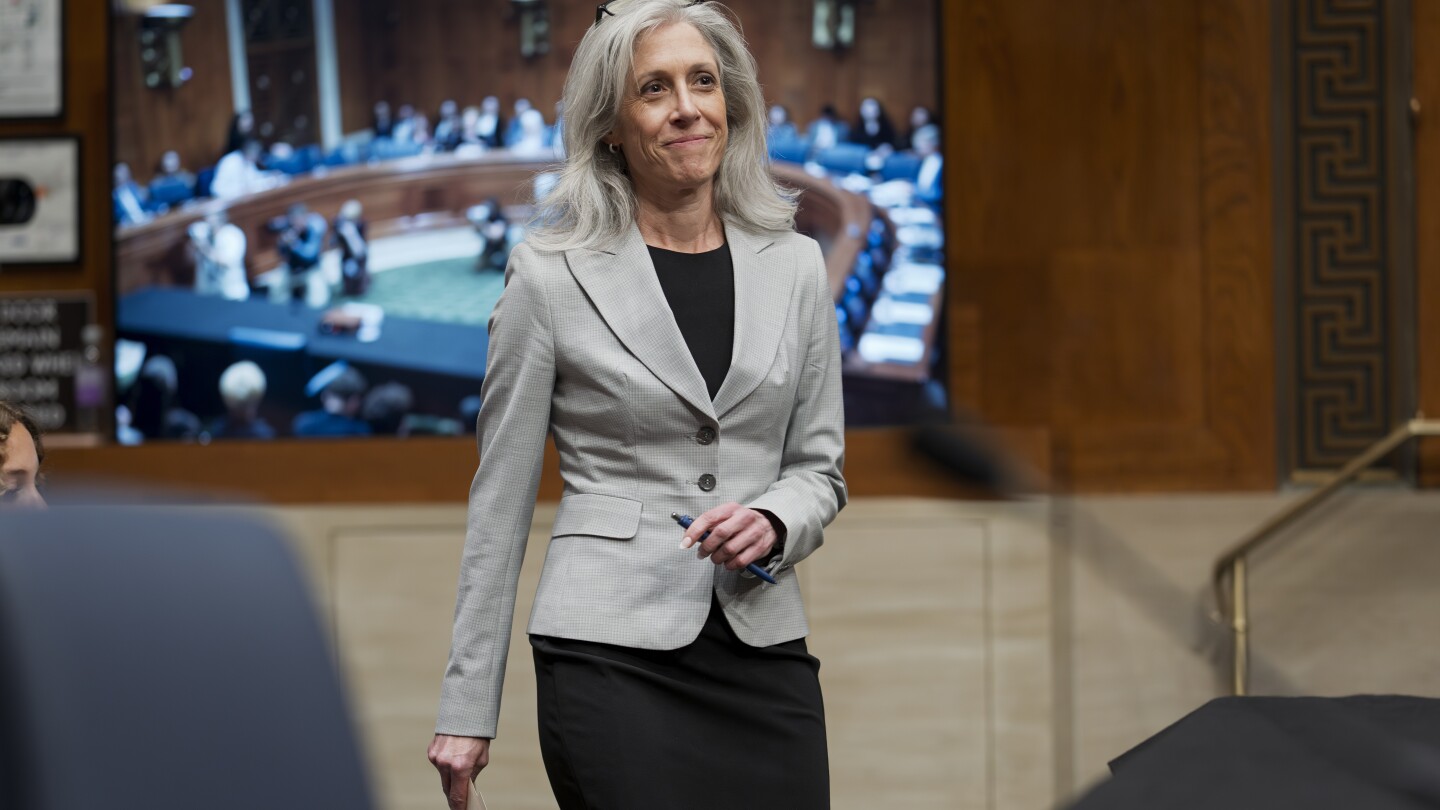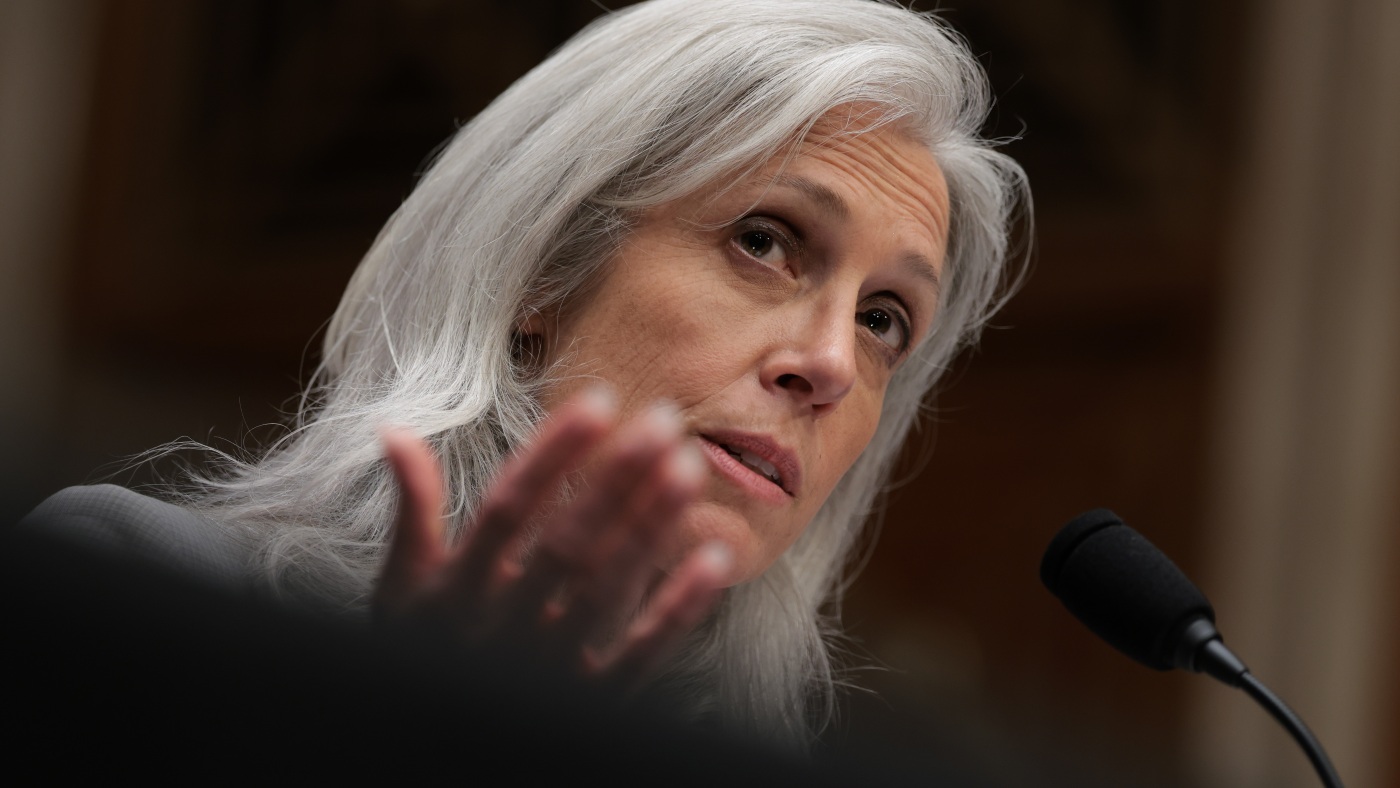With the recent Senate confirmation of Susan Monarez as the new director of the Centers for Disease Control and Prevention, a new chapter begins for an agency that has been facing challenges and controversies in recent times. Monarez, a health scientist with extensive experience in public health, steps into the role at a critical juncture, taking the helm of an agency grappling with staffing cuts, disease outbreaks, and funding uncertainties.
Monarez’s confirmation marks a significant milestone as she becomes the first CDC director to undergo the Senate confirmation process since the passage of a new law in 2023. The Senate voted 51-47 along party lines to confirm her appointment, highlighting the partisan divide that often characterizes public health decisions. Monarez's background in microbiology and immunology, coupled with her track record as a dedicated civil servant, positions her as a capable leader to navigate the challenges facing the CDC.
Employees within the CDC have expressed optimism about Monarez's leadership, noting her evidence-based approach, dedication to public health, and commitment to improving the health of all Americans. Colleagues and public health experts have vouched for her pragmatism, work ethic, and managerial skills, highlighting the need for her leadership in a time of uncertainty and transition within the agency.
During her confirmation hearing, Monarez outlined her priorities, which include rebuilding trust in the CDC, modernizing public health infrastructure, and enhancing the agency's response to disease outbreaks. With a focus on evidence-based decision-making and transparent communication, she aims to strengthen the CDC's role in safeguarding public health and combating emerging health threats.
However, challenges lie ahead for Monarez as she balances the agency's core mission of disease prevention with the expectations of Health and Human Services Secretary Robert F. Kennedy Jr., who has been vocal about his skepticism toward certain public health practices, including vaccines. The tension between traditional public health approaches and alternative perspectives highlights the complexities that Monarez must navigate in her new role.
As Monarez takes the helm of the CDC, she inherits an agency in transition, marked by deep staffing cuts, funding reductions, and shifting priorities. The future direction of the CDC under her leadership will be closely watched, as she seeks to steer the agency toward fulfilling its critical public health mandate while addressing the evolving landscape of health challenges facing the nation.
In conclusion, Susan Monarez's confirmation as the new director of the CDC brings both opportunities and challenges for the agency. With her background in public health, dedication to evidence-based decision-making, and commitment to improving health outcomes, Monarez is poised to lead the CDC through a period of transformation and uncertainty. As she embarks on this new role, the public health community eagerly anticipates her strategic vision and leadership in safeguarding the nation's health and well-being.


